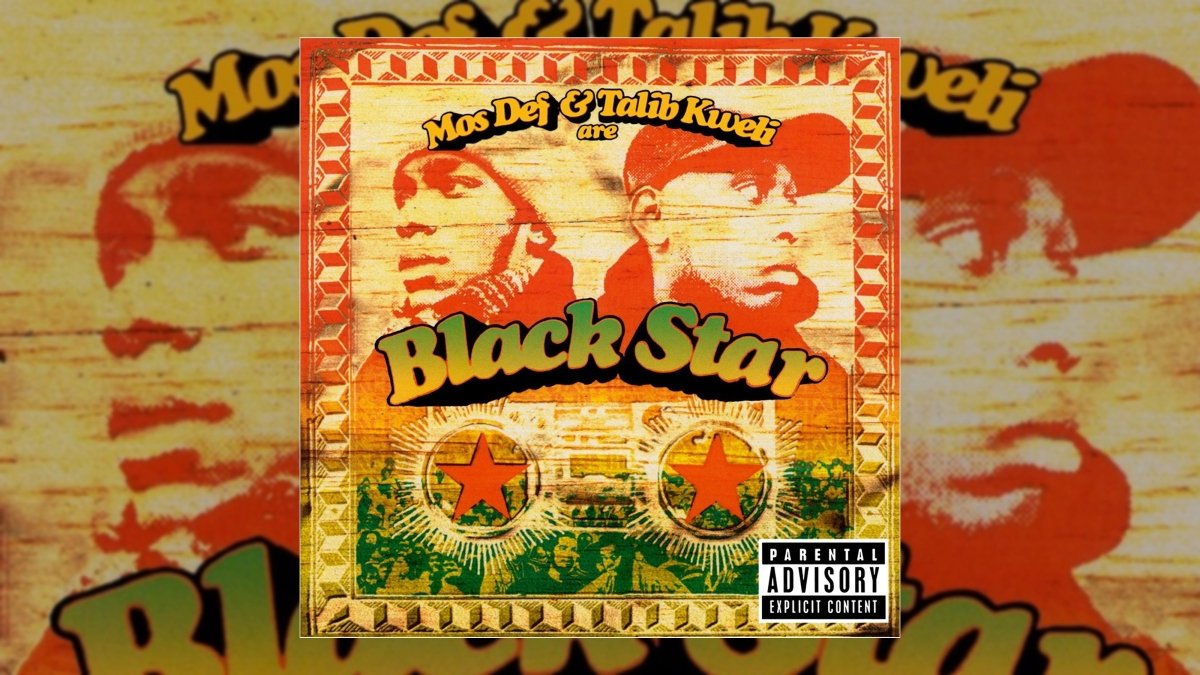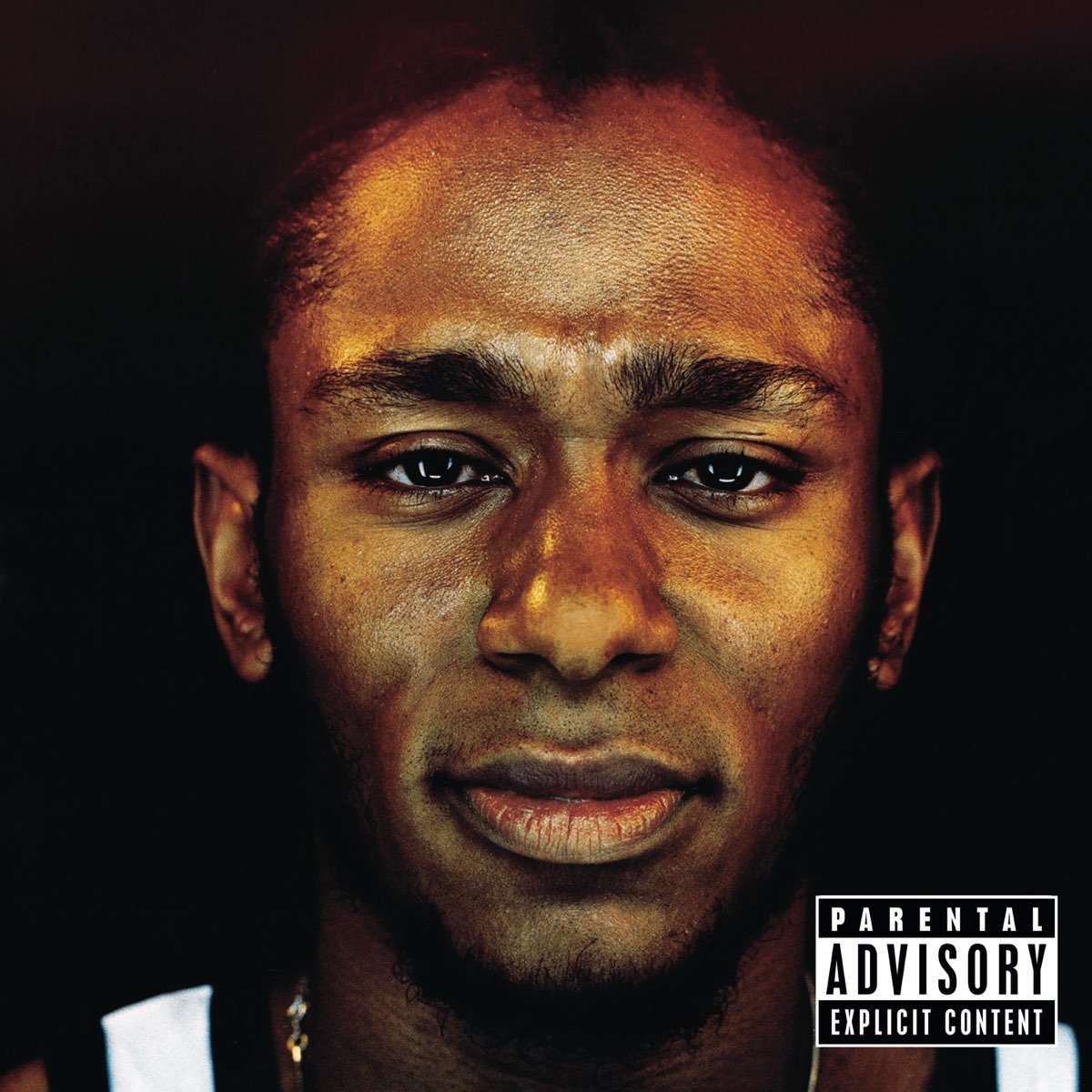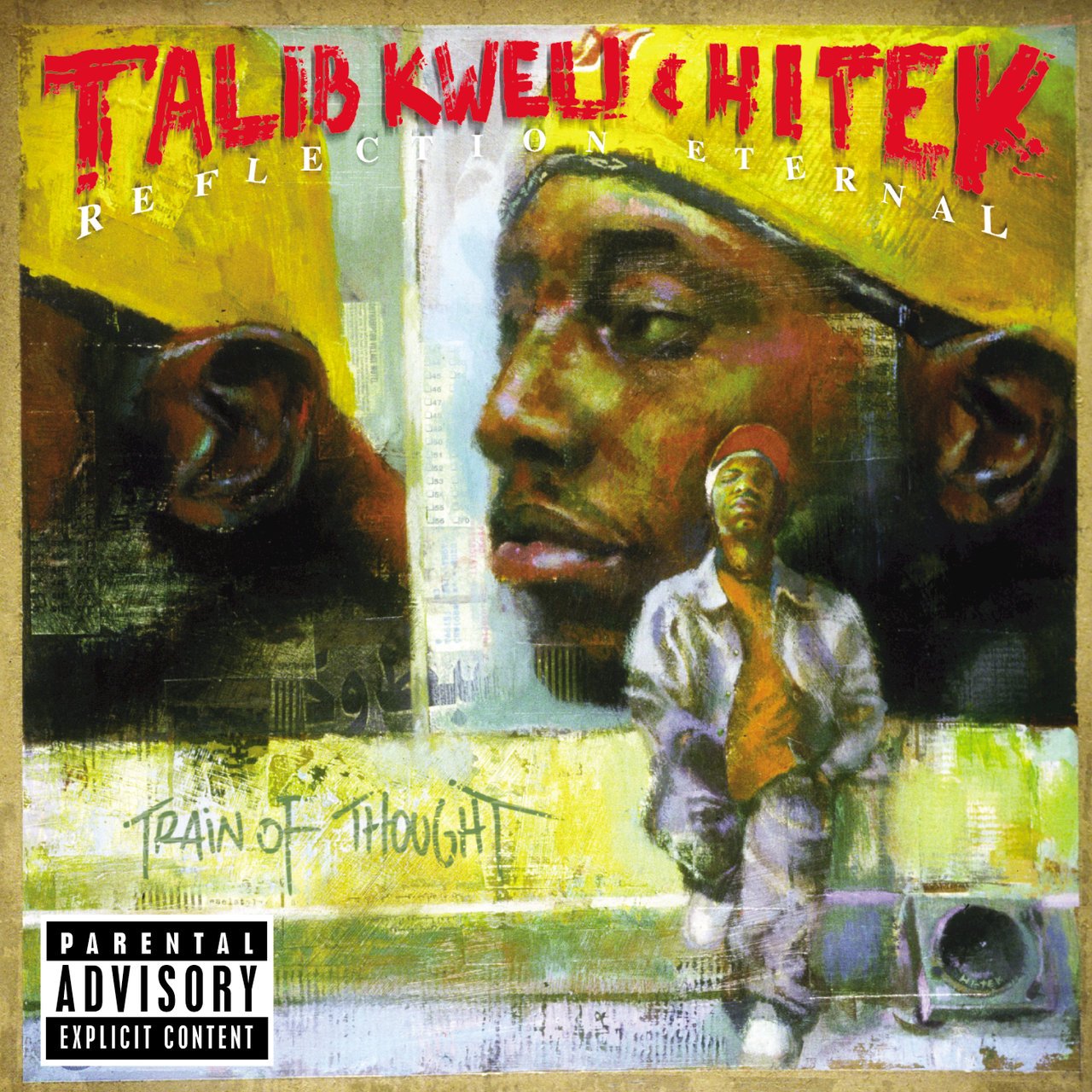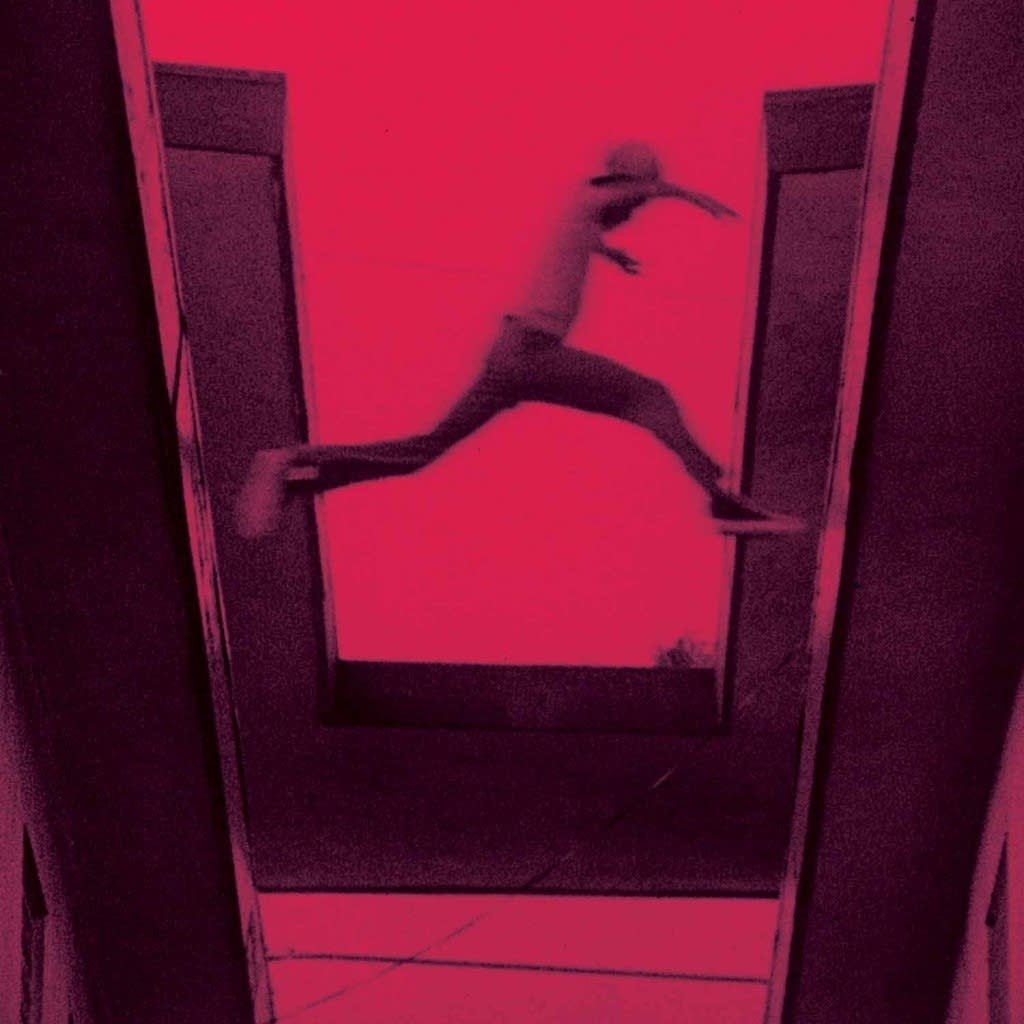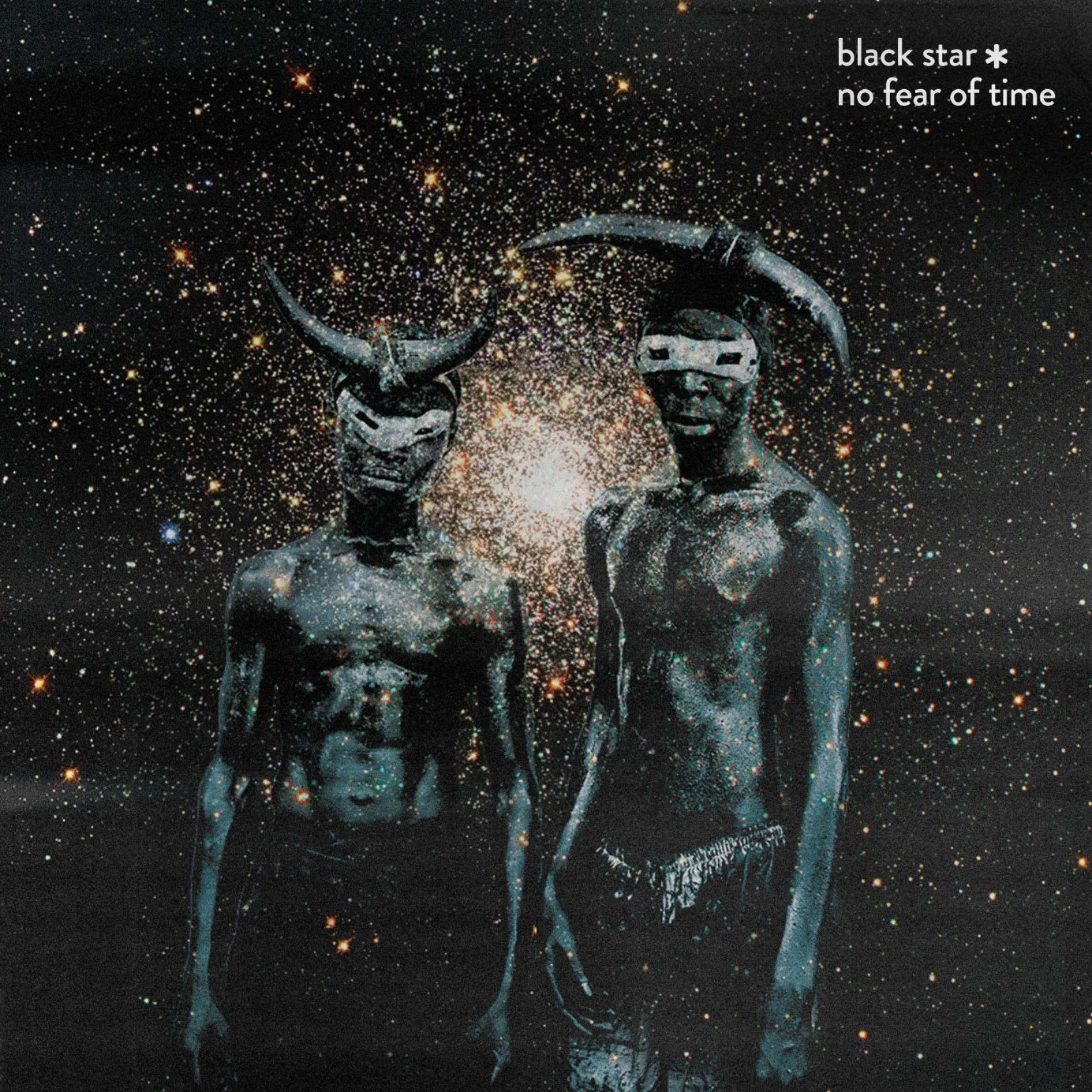Happy 25th Anniversary to Black Star’s debut album Mos Def & Talib Kweli Are Black Star, originally released September 29, 1998.
During the late ’90s battle for the “soul” of hip-hop, few albums were as important or as revered as Mos Def and Talib Kweli’s collaborative effort released under their adopted Black Star moniker, Mos Def & Talib Kweli Are Black Star. Released 25 years ago on Rawkus Records, it was everything “real” hip-hop fans were looking for.
While commercial radio at the time was dominated by accessible tracks often built around recognizable samples of popular ’80s songs, Black Star strived to challenge its audience intellectually but still appeal to traditional hip-hop sensibilities. Dante “Mos Def” Smith (who now goes by Yasiin Bey) and Talib Kweli Greene came up admiring artists like De La Soul, A Tribe Called Quest, X Clan, and Public Enemy. They created music that drew from those influences and took things a couple of extra steps beyond. While Rawkus labelmates Company Flow prided themselves on their lack of conformity to record industry norms, Black Star sought to make more enlightened “true school” hip-hop. Both paths resulted in two strains of dope hip-hop music that were each revolutionary.
Mos Def and Kweli had been present in the Brooklyn and broader New York City underground scenes throughout the early to mid ’90s. When not pursuing his acting career, Mos Def was recording tracks with two of his brothers as Urban Thermo Dynamics/Medina Green, and dropped a memorable verse on De La Soul’s “Big Brother Beat” for Stakes Is High (1996). Kweli came up under Mr. Man and Da Bush Babees (who Mos Def was also down with) and eventually journeyed to Cincinnati to record extensively with the group Mood. It was through his connection to Mood that Kweli eventually hooked up with Tony “Hi-Tek” Cottrell. The two, as Reflection Eternal, had begun recording material together. Meanwhile, Mos had been working with Shawn “J. Period” Jones, a North Carolina-born rapper turned producer who had made a name for himself as a member of the short-lived crew Down South.
It was a convoluted and winding road to get Mos and Kweli together to record a “group” album together. The two had each released singles through Rawkus, which was busy building its case as the definitive independent hip-hop label of the late 1990s. Mos had dropped “Universal Magnetic” and then appeared on Kweli’s “Fortified Live” along with the aforementioned Mr. Man. After deciding to make an album together, the recording process to get it completed was similarly lengthy and complicated, but the results are self-evident.
Black Star was one of the most accomplished albums to surface in 1998, and it has aged remarkably well. Mos and Kweli’s styles contrast each other and mesh perfectly. At the time, it was like the perfect hip-hop presidential ticket. The album’s anti-establishment, pro-education message resonates today, and its well-crafted production is as soulful and timeless as ever. The album sounds quintessentially New York, but the messages and the sound throughout the album give it universal appeal.
Watch the Official Videos:
In terms of production, Hi-Tek helms the greatest share of tracks on the album (six), and is often credited as the group’s unofficial third member and the “glue” that kept the project together. It’s been disputed whether in fact the duo originally intended for Hi-Tek and Shawn J. Period to split production duties equally, but Shawn J. also makes his presence felt. As it stands, Shawn J. produced two tracks for Black Star, with other contributions coming from Ge-Ology, J. Rawls, 88 Keys, and Da Beatminerz.
Black Star is best known for “Definition,” its leadoff single. Mos asked Hi-Tek to recreate the beat for Boogie Down Productions’ “P Is Free” remix from the group’s debut album Criminal Minded (1987). Hi-Tek does so in intricate detail, sampling and re-freaking Yellowman’s “Zungguzungguguzungguzeng,” and even adding in snippets of KRS-One’s vocals. Mos and Kweli use the track to pay homage to the borough of Brooklyn as well as the golden age of hip-hop.
“Definition” seamlessly segues into “Re: Definition,” an “instant remix” of the previous track. Truthfully, they’re two halves of what was intended to be a six-and-a-half-minute song. Hi-Tek had said he always felt a little weird about re-using the beat from “P Is Free,” so he created another beat to have the song completely switch gears halfway through. Rawkus balked at releasing such a lengthy single, so they divided the song in two. For their part, the pair continue to shine as emcees on the song’s second half, with Kweli rapping, “N***as is sweet so I bet if I bit I'd get a cavity / Living to get high, you ain’t flyer than gravity,” while Mos boasts that he’s “Way out like Bruce Wayne's mansion, move like a phantom / You’ll talk about me to your grandsons.”
Mos Def’s solo cut “Children’s Story” repurposes the classic Slick Rick track to transform it into a vehicle for lamenting the music industry. The Shawn J. Period-produced song isn’t the album’s best, but it reflected some artists’ perception of mainstream hip-hop at the time. Mos has said he thought simply looping ’80s pop hits was “cheating.” While the duo said they didn’t hold any personal grudges against rappers dominating the mainstream (Kweli had known Puff Daddy since the early ’90s), they felt they had to call out the lack of creativity when it was apparent.
Kweli gets his own solo track with “K.O.S. (Determination),” assisted by the O.G. hip-hop soul songstress Ms. Vinia Mojica. The track is one of the album’s smoothest, as Kweli raps over a laid-back sample of Minnie Riperton’s “Baby, This Love I Have.” Throughout the track, he encourages the audience to take control of their own destiny and place a higher value on knowledge and education.
Black Star really finds an extra gear throughout its last third, which features some of the best verses and overall songs recorded during the late ’90s. “Hater Players,” the album’s other Shawn J. Period produced track, plays like a better version of “Children’s Story.” Kweli and Mos target wack emcees gaining mainstream attention, while dismissing the idea that not liking music by an artist makes you a “Player Hater.” Kweli comes correct on a pair of verses, railing, “Reverse psychology got ’em scared to say when shit is wack / Out of fear of being called a hater. Imagine that! / We ain’t having that, reaching past the star status that you grabbing at / My battle raps blast your ass back to your natural habitat.” Mos’ sole verse is equally powerful, as he raps, “Some heads approach like I’m the one to base with / Clowns about to scream and shout but don't say shit / I ain’t your student so I ain’t to be tested / I'm majestic, I represent my strength without effort.”
Enjoying this article? Click/tap on the album covers to explore more about Mos Def & Talib Kweli:
On “Respiration,” Black Star’s second single, Mos and Kweli are joined by Chicago’s Common. The trio describes life in the cities across the United States as if each locale is a living and breathing organism. On a mellow yet urgent and jazzy beat by Hi-Tek, all three chronicle the pain, ugliness, and suffering in vivid detail, creating indelible images of urban decay. Kweli addresses the city in the more abstract sense, rapping, “Breathing in deep city breaths, sitting on shitty steps / We stoop to new lows, Hell froze the night the city slept / The Beast crept through concrete jungles communicating with one another / And ghetto birds where waters fall from the hydrants to the gutters.”
Mos paints a picture of bleak New York City nights, describing a reality where “Skyscrapers is colossus, the cost of living is / Preposterous, stay alive, you play or die, no options.” While Mos and Kweli are brilliant at providing a bird’s eye view of the urban blight, Common wraps things up by describing life from the street-level, where residents spend so much time trapped in this environment that they cannot envision any other reality. He drives the point home, rapping, “Ask my guy how he thought travelling the world sound / Found it hard to imagine he hadn’t been past downtown.”
“Thieves in the Night” is another beautifully tragic entry on Black Star. Produced by a young 88-Keys, the song draws inspiration from Toni Morrison’s acclaimed novel The Bluest Eye, which examines how the Black population views itself through the lens of an outside culture. Throughout the song, the duo challenge the listener to rise above the inferiority complex that this country seems to breed within the African-American population. In a particularly effective passage, Mos pleads for balance in how people view themselves. “I find it’s distressing, there’s never no in-between,” he raps. ‘We either n***as or kings, we either bitches or queens.”
The album ends with “Twice Inna Lifetime,” the sequel to the aforementioned “Fortified Live.” The sequel is a posse cut featuring the talents of the duo Punch & Words (a.k.a. Punchline and Wordsworth) and Jane Doe. Both Mos and Kweli kick memorable verses. While Kweli asserts that “Wack emcees get they microphones snatched like Lee patches,” Mos tells “Mayor Rudolph to screw off!” before wrapping things up with a mini-freestyle. However, Words shines the brightest on the song, dropping such memorable lines as “Eternally, verbally, I have numbers, succumb to time outs / In rhyme bouts you'll dial 9, just to get a line out.”
Both Mos Def and Talib Kweli would go on to have successful and memorable solo careers after Black Star, certainly taking the momentum that they created with the album and running with it. Mos Def’s solo debut Black on Both Sides (1999) is considered another of the great independent hip-hop albums of the era, while Kweli and Hi-Tek’s Train of Thought (2000), recorded as Reflection Eternal, is one of the best albums of the ’00s.
However, Black Star is arguably the album that has resonated the most with both artists’ audiences. Fans jockeyed for a Black Star follow-up for close to two-and-a-half decades before the duo delivered No Fear of Time (2022). The second effort was a solid, often dope piece of work. It didn’t have nearly the cultural impact as their debut, but, as I noted in my review, the record industry is almost completely unrecognizable from what existed 25 years ago.
I imagined it must have annoyed Mos and Kweli to put out about twenty releases between them and build successful multi-media careers only to be met constantly with inquiries of “When is the next Black Star album coming out?” That being said, it speaks to the staying power of their collaboration and the timelessness of the music. With Black Star, the duo recorded something emblematic of the times that spoke to so many hip-hop fans on a personal level. Most hip-hop artists can only dream of crafting an album with so much staying power.
LISTEN:
Editor's note: this anniversary tribute was originally published in 2018 and has since been edited for accuracy and timeliness.

